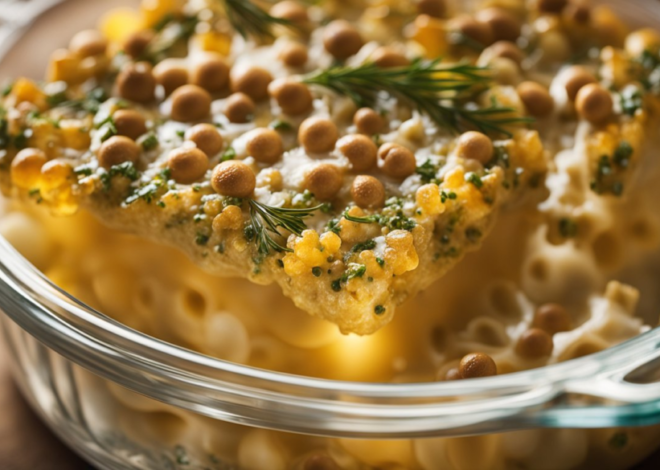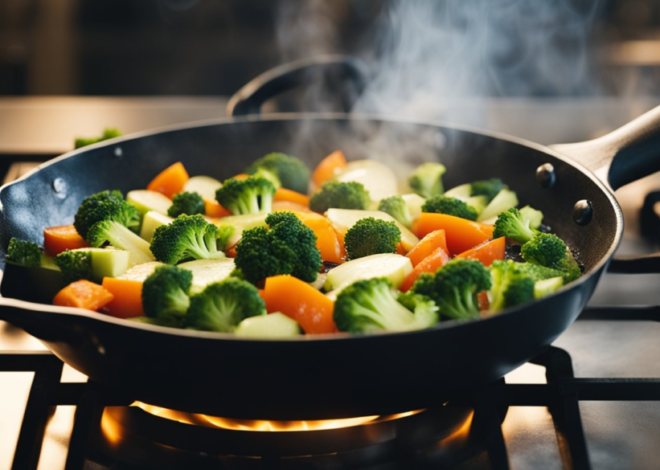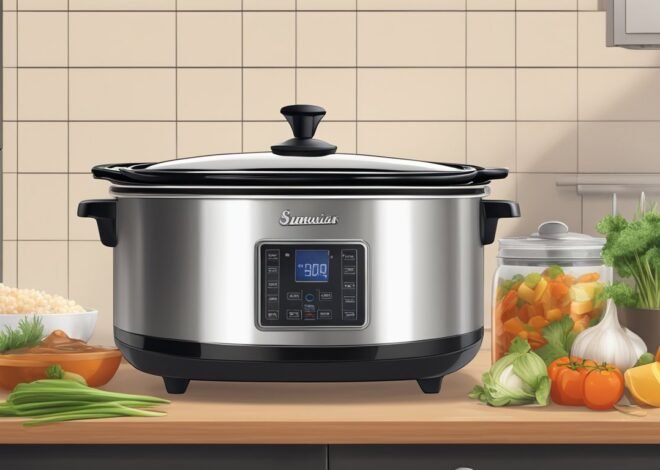
How to Care for Wooden Utensils: Hand Wash and Occasionally Oil to Prevent Drying
Taking care of your wooden utensils is crucial if you want them to last a lifetime. Wooden utensils are not only beautiful but also functional and eco-friendly. However, they require a little extra care compared to their metal or plastic counterparts. In this article, we will explore the best ways to care for your wooden utensils so that they remain in tip-top shape.
First and foremost, it is important to wash your wooden utensils by hand. Wooden utensils are not dishwasher-safe, and exposure to high temperatures and harsh detergents can cause them to crack or warp. Instead, use warm soapy water and a soft sponge or cloth to clean them. Rinse them thoroughly and then dry them with a clean towel. Avoid leaving them to air dry as this can cause water spots and promote bacterial growth.
Another important step in caring for your wooden utensils is to oil them occasionally. Wooden utensils can dry out over time, which can cause them to crack or split. Applying oil to the surface of your utensils helps to keep them moisturized and prevents them from drying out. Food-grade mineral oil is an excellent option for this purpose. Simply apply a small amount of oil to a clean cloth and rub it into the surface of your utensils. Allow the oil to soak in for a few hours or overnight, and then wipe off any excess with a clean cloth.
Basics of Wooden Utensil Care
Choosing the Right Wood
When it comes to wooden utensils, the type of wood you choose is important. Hardwoods such as maple, cherry, and walnut are great choices because they are durable and less likely to split or crack. Softwoods such as pine and cedar are not recommended because they are more prone to damage and can absorb flavors and odors from food.
The Importance of Hand Washing
One of the most important things you can do to care for your wooden utensils is to hand wash them. Avoid putting them in the dishwasher, as the high temperatures and harsh detergents can cause the wood to warp or crack. Instead, use warm water and a mild dish soap to gently clean your utensils. Be sure to rinse them thoroughly and dry them immediately with a clean towel.
Occasionally oiling your wooden utensils can also help prevent them from drying out and cracking. Choose a food-safe oil such as mineral oil or coconut oil, and apply it sparingly with a clean cloth. Allow the oil to soak in for several hours or overnight before wiping away any excess.
By following these simple tips, you can help extend the life of your wooden utensils and keep them looking and performing their best.
Maintaining Wooden Utensils
Oiling Techniques
To keep your wooden utensils in good condition, it’s important to oil them occasionally. This helps to prevent the wood from drying out and cracking. There are a few different oils that work well for this purpose, including mineral oil, coconut oil, and beeswax.
To oil your wooden utensils, first clean them thoroughly with warm water and mild soap. Dry them completely with a towel, then apply a small amount of oil to a clean cloth. Rub the oil into the wood, making sure to cover the entire surface. Let the oil soak in for a few hours, then wipe off any excess with a clean cloth.
Avoiding Excessive Drying
One of the most important things you can do to maintain your wooden utensils is to avoid excessive drying. This means avoiding exposure to heat and moisture, which can cause the wood to warp and crack. It also means avoiding exposure to direct sunlight, which can cause the wood to fade and discolor.
To prevent excessive drying, always hand wash your wooden utensils and dry them thoroughly with a towel. Avoid leaving them in the sink or dishwasher, and never soak them in water for extended periods of time. If you need to store your wooden utensils, keep them in a cool, dry place away from direct sunlight.
Frequently Asked Questions
What is the best method to clean wooden kitchen utensils?
The best way to clean wooden kitchen utensils is to hand wash them with warm water and mild dish soap. Avoid soaking them in water for long periods as this can cause the wood to expand and crack. After washing, dry them with a clean towel and let them air dry completely before storing.
Which oils are considered food-safe for treating wooden utensils?
Food-safe oils that can be used to treat wooden utensils include mineral oil, coconut oil, beeswax, and specialized wood conditioners. Avoid using vegetable or olive oil as they can turn rancid over time and affect the taste of your food.
How frequently should wooden kitchen tools be oiled to maintain their condition?
Wooden kitchen tools should be oiled every 3-4 months to maintain their condition. However, this can vary depending on how often they are used and how dry the environment is. If you notice the wood starting to look dry or cracked, it’s time to oil them.
Can coconut oil be used on wooden kitchen implements, and if so, how?
Yes, coconut oil can be used on wooden kitchen implements. Apply a small amount of coconut oil to a clean cloth and rub it into the wood, making sure to cover all surfaces. Let it sit for a few hours or overnight, then wipe off any excess oil with a clean cloth.
What are the pros and cons of using olive oil on wooden utensils?
While olive oil is a common household item, it is not recommended for use on wooden utensils. Olive oil can turn rancid over time, affecting the taste of your food and potentially causing health concerns. Additionally, olive oil can leave a sticky residue on wooden utensils, making them difficult to clean.
How can one prevent wooden utensils from cracking or drying out?
To prevent wooden utensils from cracking or drying out, avoid soaking them in water for long periods and always hand wash them with mild dish soap. After washing, dry them with a clean towel and let them air dry completely before storing. Additionally, oil them every few months to keep them moisturized and prevent cracking.











